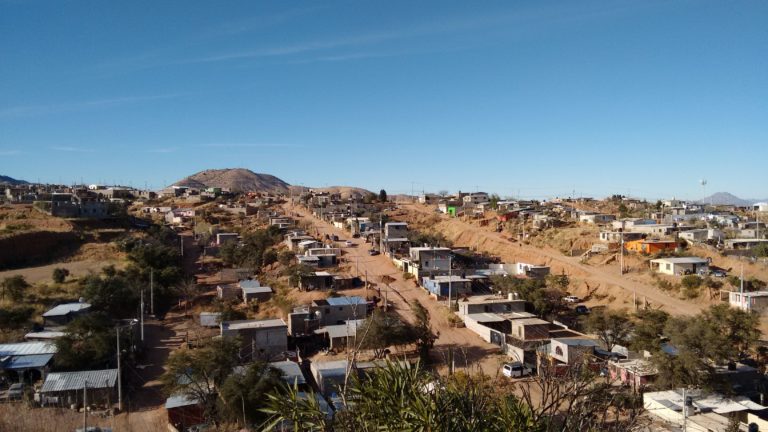Jesus Elevates the Poor
Luke records the Sermon on the Plain in Luke 6:17-26. This discourse parallels the Sermon on the Mount found in the Gospel of Matthew. The teaching is so similar and yet very different. Matthew’s Sermon on the Mount hits hard on morality, but Luke’s Sermon on the Plain hits hard on lived experience. Jesus elevates the poor and speaks against the rich and powerful. These beatitudes don’t allow us to spiritualize the message. Jesus tells them that the outcast, the poor, the rejected, and the grieving will be blessed. God sees and rewards the excluded and abused. Luke then lists woes for those who are rich, powerful, and influential in this life. He tells them with a tone of judgment that their riches will cause them turmoil and distress.
We don’t know what ‘behind the scenes’ injustices Jesus may have been addressing. This may be in response to the injustices that surface in every era. In this crowd, it’s likely that both classes of people are present. The rich and the poor are mingling and are a part of the same society. This means that there are people going hungry right in front of those who have more than enough. There is judgment for the callousness toward the neighbor, the hoarding of wealth, the apathy.
The Future is Now
Both the passage in Matthew and in Luke can be mistaken for a pie-in-the-sky view of Christianity. Are we only looking forward to some future reward? This idea isn’t fully consistent with how the Gospels present the kingdom of heaven. The refrain we find is that the kingdom of heaven is among you, or is near. Jesus was ushering in the kingdom of heaven. So we should re-read passages like Luke 6 and Matthew 5 with a perspective of the “now and not yet”. The kingdom of heaven is near, even though it’s not yet complete.
This text offers hope for the marginalized, not just for a distant future time, but also in the present. God sees you, loves you, and is giving honor to you. God is with you as you walk through the valley of the shadow of death. Everyone is invited to be still and to rest in God’s presence. The marginalized are closer to that rest because so much has already been stripped from them. The rich, on the other hand, may not even be looking for God’s rest, and so deprive themselves. The influential person who oppresses those beneath them, will need to deal with that before true peace is even possible.
A Wake-up Call for the Influential
This sermon is blunt and has an air of finality. However, we should remember that Luke also wrote about rich oppressors who found redemption. This Sermon on the Plain shines a light on oppression. Inequity was so rampant, it had become mundane. This isn’t a condemnation—it’s a wake-up call. Some who were complicit heard that wake-up call and followed.
Look around your context. What inequity or oppression has become commonplace and unquestioned? As you follow Jesus, ask yourself what needs your attention today.
Photo credit: by YASH SARANG on Unsplash






